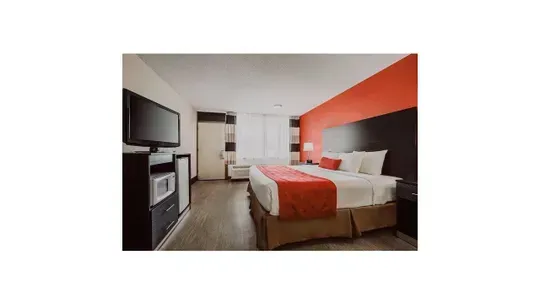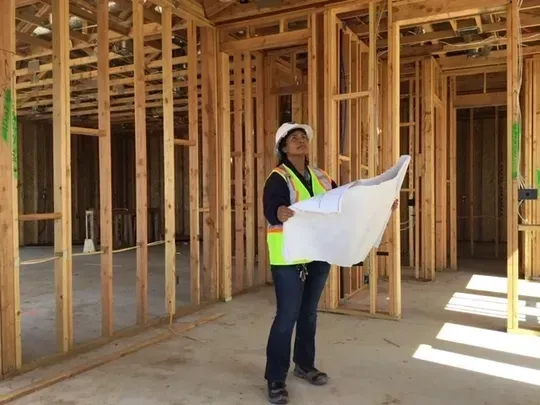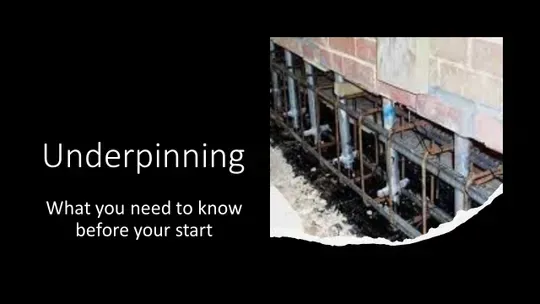Retail-to-Residential Conversions: A Growing Trend in Real Estate
Retail-to-Residential Conversions: A Growing Trend in Real Estate
March 1, 2023 | building code, Building Inspector, building permits, City Planning, Construction Code, Construction Inspections, Construction Permits, Inspections, Permit Expediting, Permitting Application, Permitting Compliance, Permitting Process, Permitting Requirements, real estate, Real Estate Development, Residential Inspections, Woman Inspector, Women in Construction
In recent years, there has been a growing trend in real estate development towards converting retail spaces into residential properties. With the rise of e-commerce and changing consumer preferences, many shopping centers and malls are struggling to remain profitable. As a result, developers are increasingly turning to retail-to-residential conversions as a way to repurpose these underutilized spaces.
One of the most common forms of retail-to-residential conversions is the redevelopment of dead malls as housing. Many malls that were once bustling with activity have fallen on hard times, with anchor stores and smaller retailers closing their doors as online shopping continues to grow in popularity. By converting these malls into residential properties, developers can breathe new life into these spaces while also addressing the growing demand for housing in many areas.
In addition to mall conversions, developers are also turning to other retail spaces for residential use. For example, some developers are building apartment buildings in shopping center parking lots, utilizing the existing infrastructure and proximity to retail and entertainment options as a selling point. Others are converting standalone retail buildings into mixed-use properties, with residential units on the upper floors and retail or office space on the ground floor.
There are many benefits to retail-to-residential conversions. For one, they can help to revitalize struggling retail areas, bringing in new residents and businesses. They can also help to address the housing shortage in many areas, particularly in urban centers where land is scarce and expensive. Additionally, by repurposing existing structures rather than building new ones, developers can often save money on construction costs and reduce their environmental impact.
However, there are also challenges to retail-to-residential conversions. For one, the existing infrastructure may not be suitable for residential use, requiring significant upgrades to plumbing, electrical, and HVAC systems. Additionally, the zoning and permitting requirements for residential use may be different from those for retail use, requiring developers to navigate complex regulations and gain community support for their projects.
If you are a developer considering a retail-to-residential conversion, it's important to work with experienced professionals who can help you navigate these challenges. Companies like Allen-Norris Permitting and Inspections can provide guidance on zoning and permitting requirements, as well as ensure that your project meets all necessary safety and building codes.
Despite these challenges, the trend towards retail-to-residential conversions shows no signs of slowing down. As the retail landscape continues to evolve, developers will likely continue to explore new ways to repurpose these spaces for residential use. This trend has the potential to not only provide much-needed housing options, but also to create vibrant new communities and breathe new life into struggling retail areas.
BUSINESS INFORMATION
Phone: (410) 322-0809
Email: nallen@allen-norris.com
Other email: rnorris@allen-norris.com
Address: 107 R St NE
Washington, D.C.20002
Statement of Qualifications Download
Capability Statement Download
















